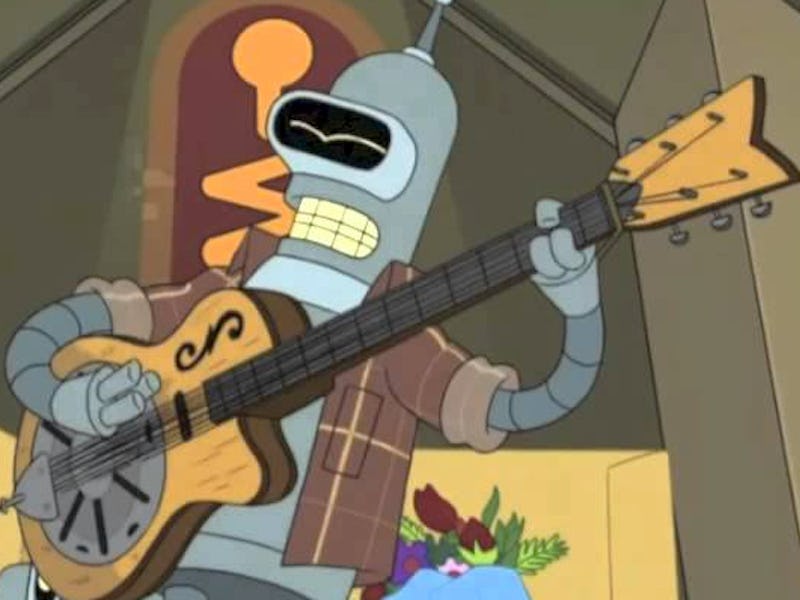If you’re a musician, you may want to skip this story. The march of automation, thirsty for more jobs to claim, has taken the songwriter’s role with a new artificial intelligence from Sony CSL research laboratory. The FlowMachines software scanned 13,000 pieces of sheet music from a variety of styles, allowing a human composer to pick a style and have the software generate both melody and harmony. Audio recordings were matched to the melodies, before the resulting song was polished up by humans.
The first song, “Daddy’s Car,” is surprisingly good (sorry musicians). It’s kind of catchy, definitely echoes The Beatles’ famous pop style, and even manages to throw in a bit of Sgt. Pepper’s-style distortion towards the end. The song is part of an album produced entirely by A.I., due to be released next year.
A second song, “Mister Shadow,” is made in an “American songwriter” style. This one follows the style of musicians like Cole Porter, George Gershwin, and Duke Ellington.
It seems that not even the music industry is safe from automation, and it’s not the first time a computer has given songwriting a try. In April, a 20-year-old developed an A.I. music maker that worked with Google Deep Dream to create jazz pieces.
Even complex works that combine music, acting, and writing have been automated. Thomas Middleditch and Elisabeth Gray starred in a film in June written entirely by A.I. The resulting film, Sunspring, wasn’t really that good by human standards. The A.I., Benjamin, was fed sci-fi scripts until he was predicting words that could fit in the script, working in a similar way to iOS’ predictive word tool.
More recently, IBM Watson managed to produce a movie trailer in just 24 hours for sci-fi thriller flick Morgan, suggesting clips that a human editor could use to create a compelling six-minute clip. The fact that this combination of human and machine worked so well suggests there could be a future in human creativity, with A.I. working as a subordinate tool, but with the advancements in software capabilities taking place, who’s to say that won’t change?
